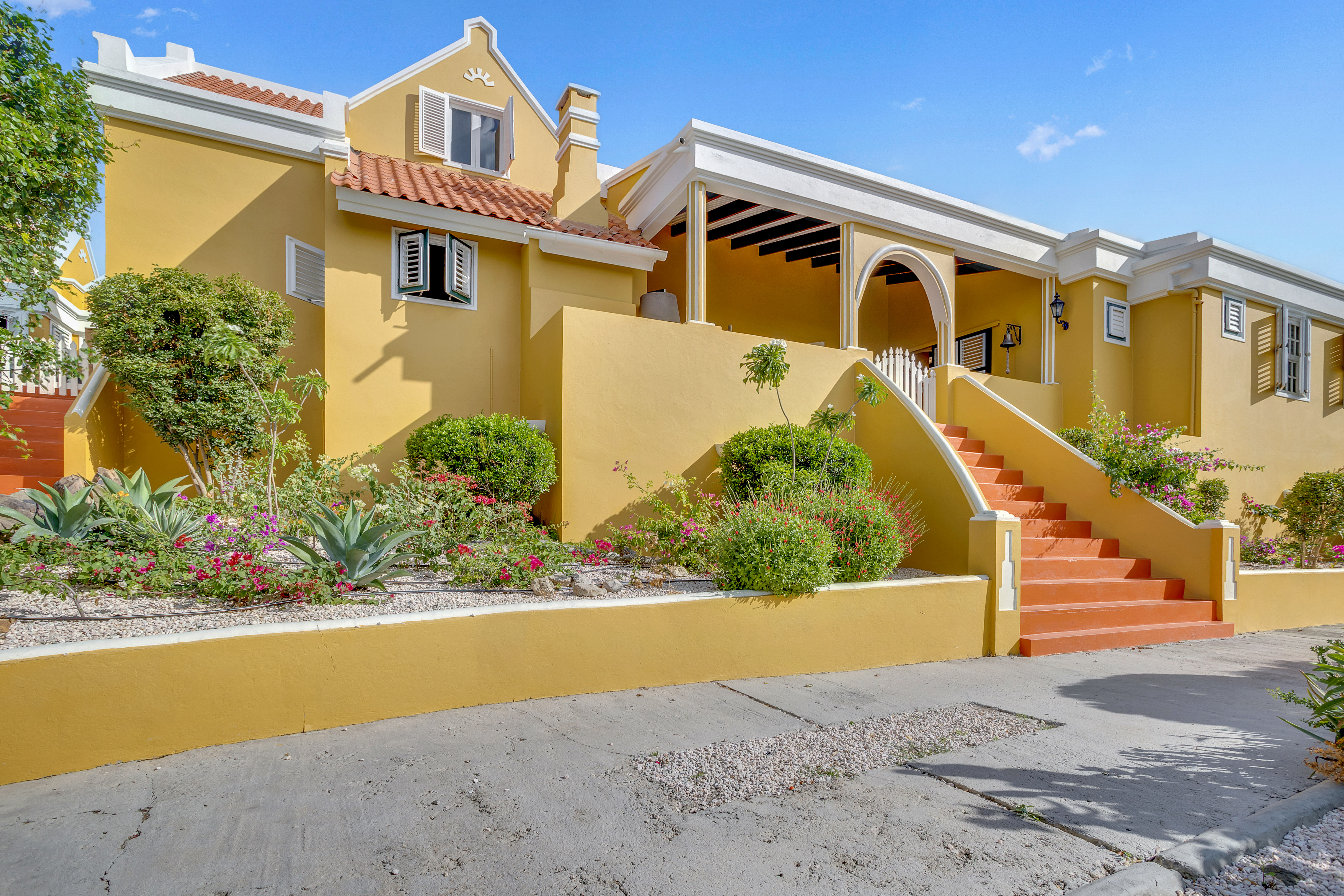As a real estate agent and appraiser here on Bonaire, we often encounter inquiries about real estate tax on the island. It's a topic that can raise many questions, but with the right information, you can better understand how the system works. Let's delve into the key points without delving too deeply into legal jargon.
Real Estate Tax is a levy on immovable properties in the Caribbean Netherlands. In most cases, this tax is imposed on the owner or their fiscal representative. However, there are exemptions, excluding certain properties from real estate tax.
For businesses, real estate tax, along with revenue tax, replaces profit tax. For individuals, it replaces the taxation of rental income in income tax.
In practice, real estate tax is levied on individuals with a second home, those renting out apartments, or owning commercial properties on Bonaire. Formally, the tax is imposed on the individual or legal entity enjoying the property as of January 1st, based on ownership, possession, or a limited right such as leasehold. Even if the individual is not residing or established in the Caribbean Netherlands, real estate tax liability may still apply.
Exemptions apply to the 'own residence,' properties of a sole proprietorship (IB-onderneming), properties owned by entities outside the Caribbean Netherlands per revenue tax, and fallow lands owned by a resident of the Caribbean Netherlands.
If investments have been made in an immovable property, such as construction, renovation, improvement, expansion, or renovation, the resulting increase in value since January 1, 2013, may be exempt from real estate tax. This exemption applies for five or ten years, depending on the year of the investment. Notification of this exemption must be made to the Tax Administration/Caribbean Netherlands within one year of the change.
Many new construction projects make use of this exemption regulation. Curious about the new builds we have available? Check out our new construction listings through this link.
The tax is annually imposed on the person who was the owner of the immovable property on January 1st.
The value determination indicates the value of your real estate for real estate tax purposes. Based on this, the owed real estate tax is determined.
Every five years, commissioned by the Tax Administration, the value of immovable properties is reassessed. The valuation of homes is determined based on a price index from the Central Bureau of Statistics.
In principle, you receive the value determination once every five years, unless significant changes have occurred in the immovable property, such as renovations or demolition.
Yes, you can object to the value determination within two months of the date of issue. As a real estate agent, we also offer appraisal services. If you are interested, please contact us at info@sunbeltbonaire.com.
Real estate tax is levied on the immovable property, with the yield taxed at a rate of 17.5%. Additionally, on Bonaire, there is an additional 30% island surcharge on the amount of the assessment. Effectively, this amounts to approximately 0.92%.
As long as you remain liable for real estate tax, you will receive an annual assessment for the VGB.
No, the assessment must be paid in one go. However, potential payment arrangements can be discussed with the Receiver of the Tax Administration/Caribbean Netherlands.
No, the assessment must be paid in USD.
It's crucial to timely report changes in immovable property. Failure to do so, or if the assessment is not correct or too low, may result in a fine. The details on how to make this report are covered on this page: Reporting Real Estate Tax on Bonaire.
We hope this information helps you gain more insight into real estate tax on Bonaire. If you have further questions or need assistance, I am here as your real estate agent.
PS. For more details and specific situations, always consult your tax advisor and refer to the official source: Tax Administration/Caribbean Netherlands.